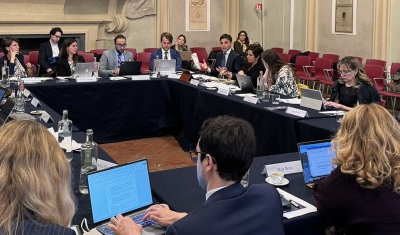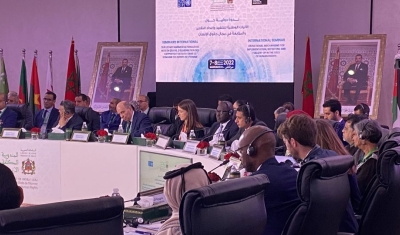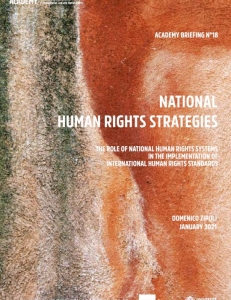The Geneva Human Rights Platform (GHRP) collaborates with a series of actors to reflect on the implementation of international human rights norms at the local level and propose solutions to improve the uptake of recommendations and decisions taken by Geneva-based human rights bodies at the local level.
Building Bridges with National Human Rights Systems
Without a solid domestic human rights infrastructure and national monitoring and implementation strategies, UN and regional-level initiatives risk facing structural and procedural complications that might undermine their implementation.
To promote the integration of recommendations from the international system into national policies and the overall implementation of international human rights norms at the national level, the GHRP explores the role of national human rights systems in the implementation of international human rights standards and recommendations of Geneva-based mechanisms.
A series of workshops, consultations with national stakeholders and targeted publications will address this question, including via the development of a classification of national monitoring and implementation strategies that will take into account the variety of national systems. These include exclusively state-driven actors (e.g. parliamentary human rights committees, inter-ministerial mechanisms and national mechanisms for implementation, reporting and follow-up (NMIRFs)), state-driven and independent actors (e.g. national human rights institutions) and components driven by non-state actors (e.g. civil society forums).
The GHRP is increasingly engaged in the development of training courses for NMIRFs and research as part of a ‘group of critical friends’ of NMIRFs.
Human Rights in Cities
The GHRP, in partnership with UN-Habitat, the Office of the UN High Commissioner for Human Rights, the Geneva Cities Hub and FES Geneva is providing guidance to local governments, city-level practitioners and decision-makers, as well as national governments interested in local governance, to translate international human rights standards at the city level.
A series of expert meetings and their operational outcome documents will address specific human rights issues – gender, the inclusion of children and youth, older persons and persons with disabilities, as well as the inclusion of groups at risk of marginalization like refugees or indigenous peoples – to inform the next UN-Habitat Strategic Plan and identify concrete actions to implement at the city level.


















